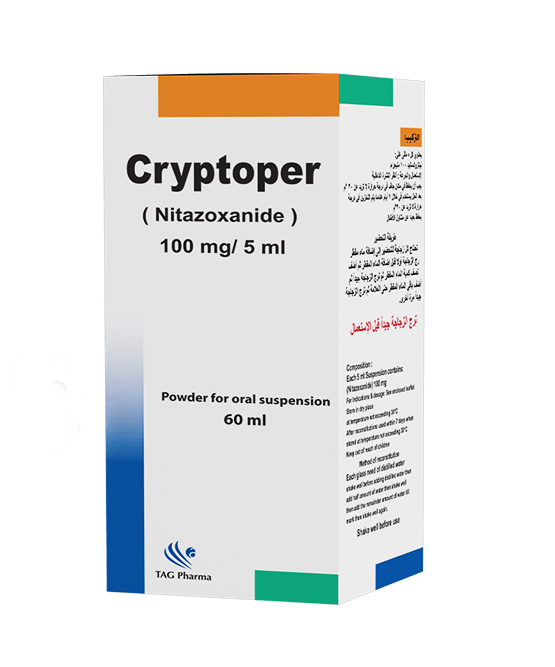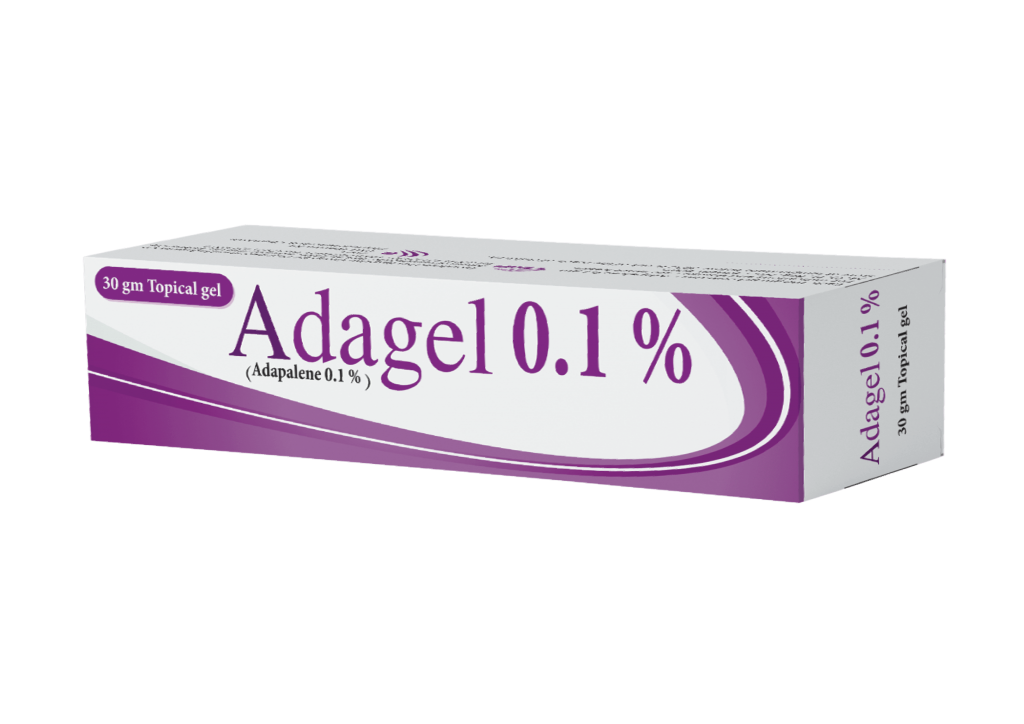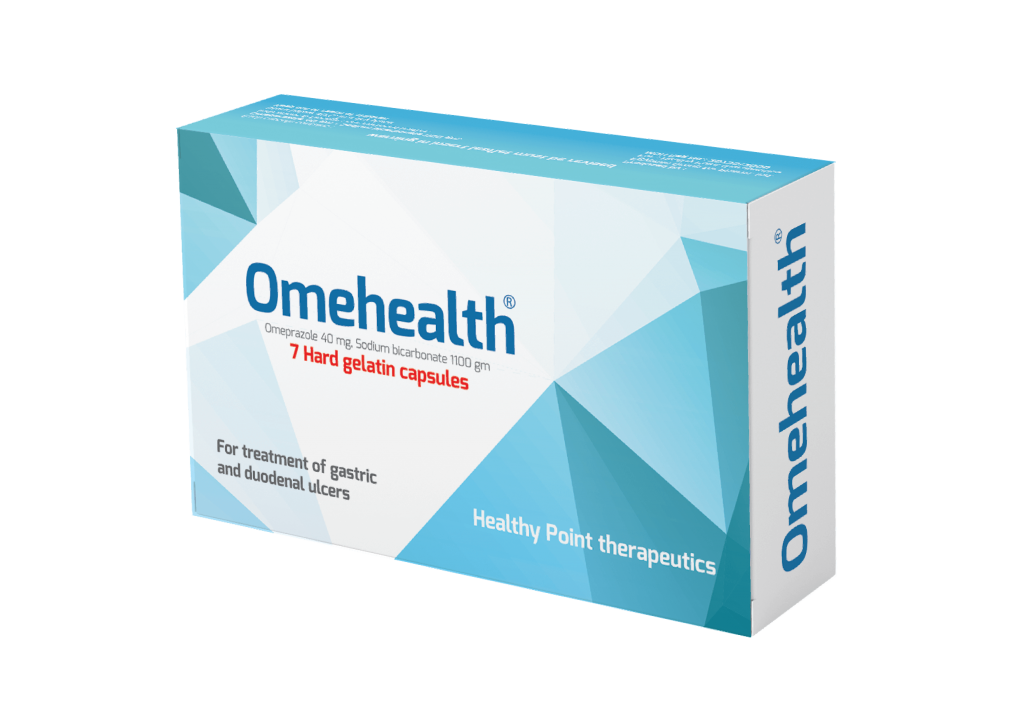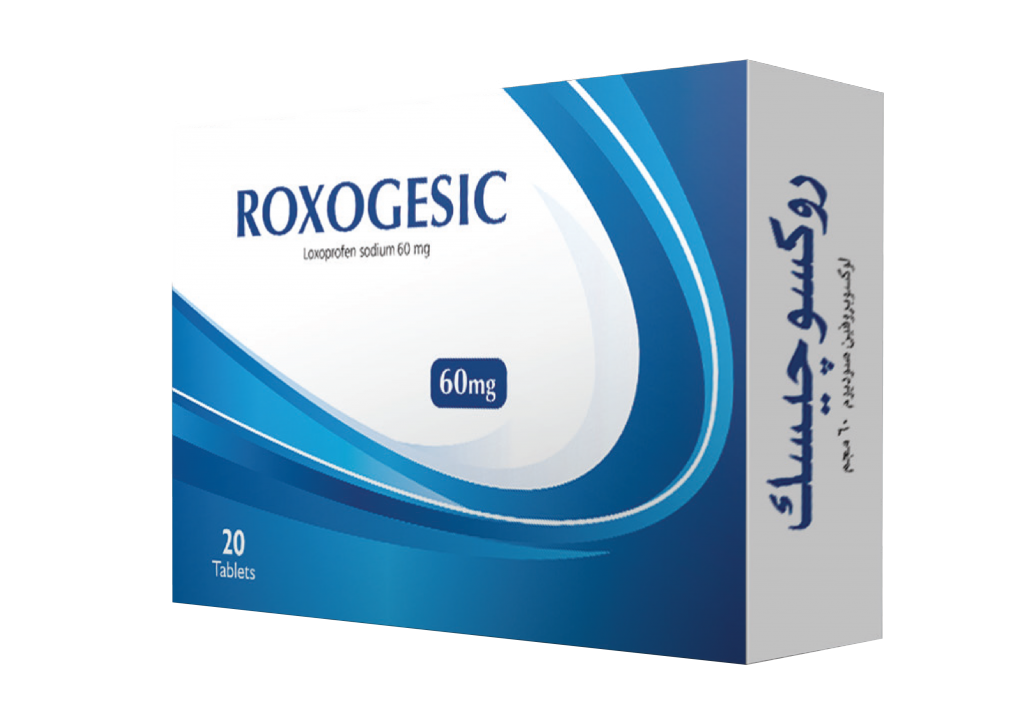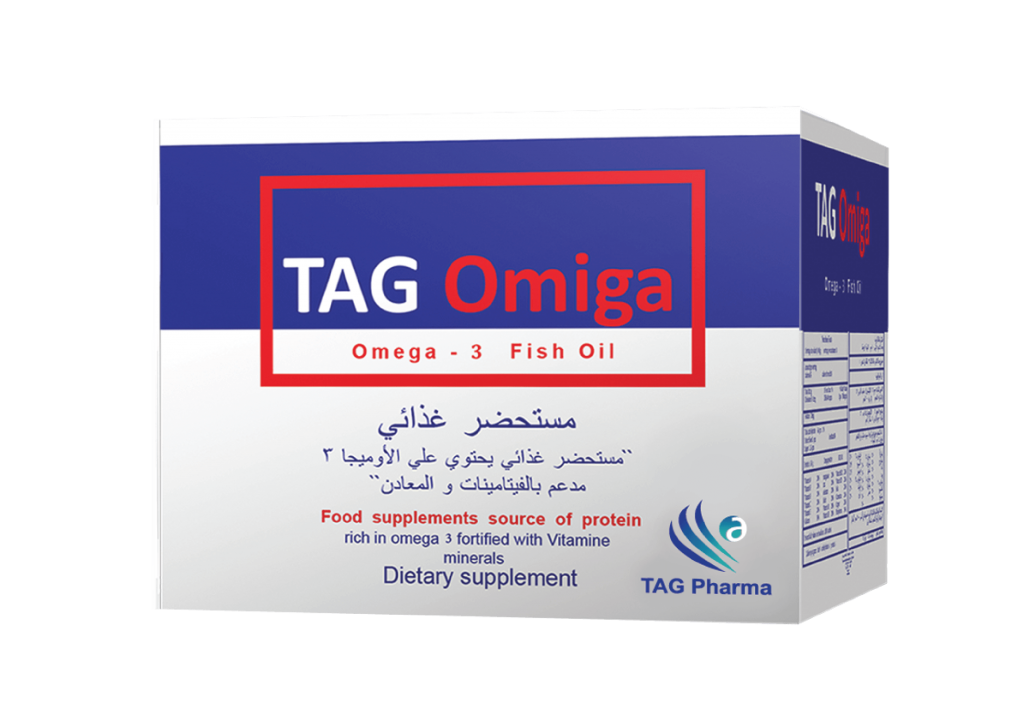
Omehealth
-
Description
-
- Omehealth (Omeprazole/Sodium Bicarbonate) is an immediate release (IR-OME) oral proton pump inhibitor (PPI)
-
- Omehealth pharmacokinetic and pharmacodynamic profile proof the superiority above all delayed-release PPIs
-
- Omehealth is an immediate release formulation of omeprazole that reach peak plasma level within 30 minutes and provide strong acid control throughout the day
-
- Omehealth provides rapid relief of symptoms within 15 minutes
-
- Omehealth is the most effective PPI at bed time to control NAB
-
- Omehealth (IR-OME) 40mg is the only PPI approved for the reduction of risk of upper GI bleeding in critically ill patients
-
- Recent studies indicated that Omehealth (IR-OME) provides effective and sustained control of gastric acidity
-
- Once daily dosing of Omehealth 40mg at bedtime was found to provide effective control of night time gastric acidity
-
- Omehealth (IR-OME) improves quality of life in asthmatics with gastroesophageal reflux
-
- Omehealth (IR-OME) is FDA Approved
-
- Omehealth is independent of meal
-
Active Ingredient
Omeprazole 40 mg & 1100 mg Sodium Bicarbonate
-
-
Mechanism of Action
-
- Omeprazole is a selective and irreversible proton pump inhibitor. It suppresses gastric acid secretion by specific inhibition of the hydrogen–potassium adenosinetriphosphatase (H +, K +-ATPase) enzyme system found at the secretory surface of parietal cells, Omeprazole quickly diffuses into G. canaliculi leading to Irreversible inactivation of the pump molecule
-
- Omehealth is a combination of omeprazole (PPI) and sodium bicarbonate (an antacid), as omeprazole is acid labile and thus rapidly degraded by gastric acid, Omehealth is an immediate-release formulation that contains sodium bicarbonate to protect omeprazole from acid degradation ffects
-
-
Indications & Uses
- Treatment of gastroesophageal reflux disease (GERD) & Heart Burn
- Gastritis & Duodenitis
- Prevention of NSAIDs Induced Ulcers
- Treatment of active duodenal ulcer
- Treatment of active benign gastric ulcer
- Maintenance of healing of erosive esophagitis
- Reduction of risk of upper GI bleeding in critically ill patients
Dosage & Administration
- Nocturnal Reflux: Recommended Dose for Adults 18 Years and Older one capsule 40mg once daily at bed time
- Short-term treatment of active duodenal ulcer: 40mg once daily, 4 weeks
- Gastric ulcer: 4-8 weeks
- GERD: for up to 4 weeks
- Reduction of risk of upper GI bleeding: up to 2 weeks, starting with loading dose one capsule followed by one capsule after 6 to 8 hours
Forms & Strengths
A box of 7 capsules, contains Omeprazole 40 mg & 1100 mg Sodium Bicarbonate
Contraindications & Cautions
-
- Omehealth should be taken with caution in Patients on a sodium-restricted diet e.g. “heart failure” cases
-
- Metabolic alkalosis due to HCO3-
-
- With Pregnant: Administration of bicarbonate with excess calcium or milk can cause milk-alkali syndrome
Pregnancy & Breastfeeding
Pregnancy Category C
Risk Summary
There are no adequate and well-controlled studies on the use of Omehealth in pregnant women. Available epidemiologic data fail to demonstrate an increased risk of major congenital malformations or other adverse pregnancy outcomes with first trimester omeprazole use.
Nursing Mothers
Omeprazole concentrations have been measured in breast milk of a woman following oral administration of 20 mg. The peak concentration of omeprazole in breast milk was less than 7% of the peak serum concentration. The concentration will correspond to 0.004 mg of omeprazole in 200 mL of milk, Because omeprazole is excreted in human milk, the potential for serious adverse reactions in nursing infants from omeprazole, and because of the potential for tumorigenicity shown for omeprazole in rat carcinogenicity studies, a decision should be made to discontinue nursing or to discontinue the drug, taking into account the importance of the drug to the mother. In addition, sodium bicarbonate should be used with caution in nursing mothers.
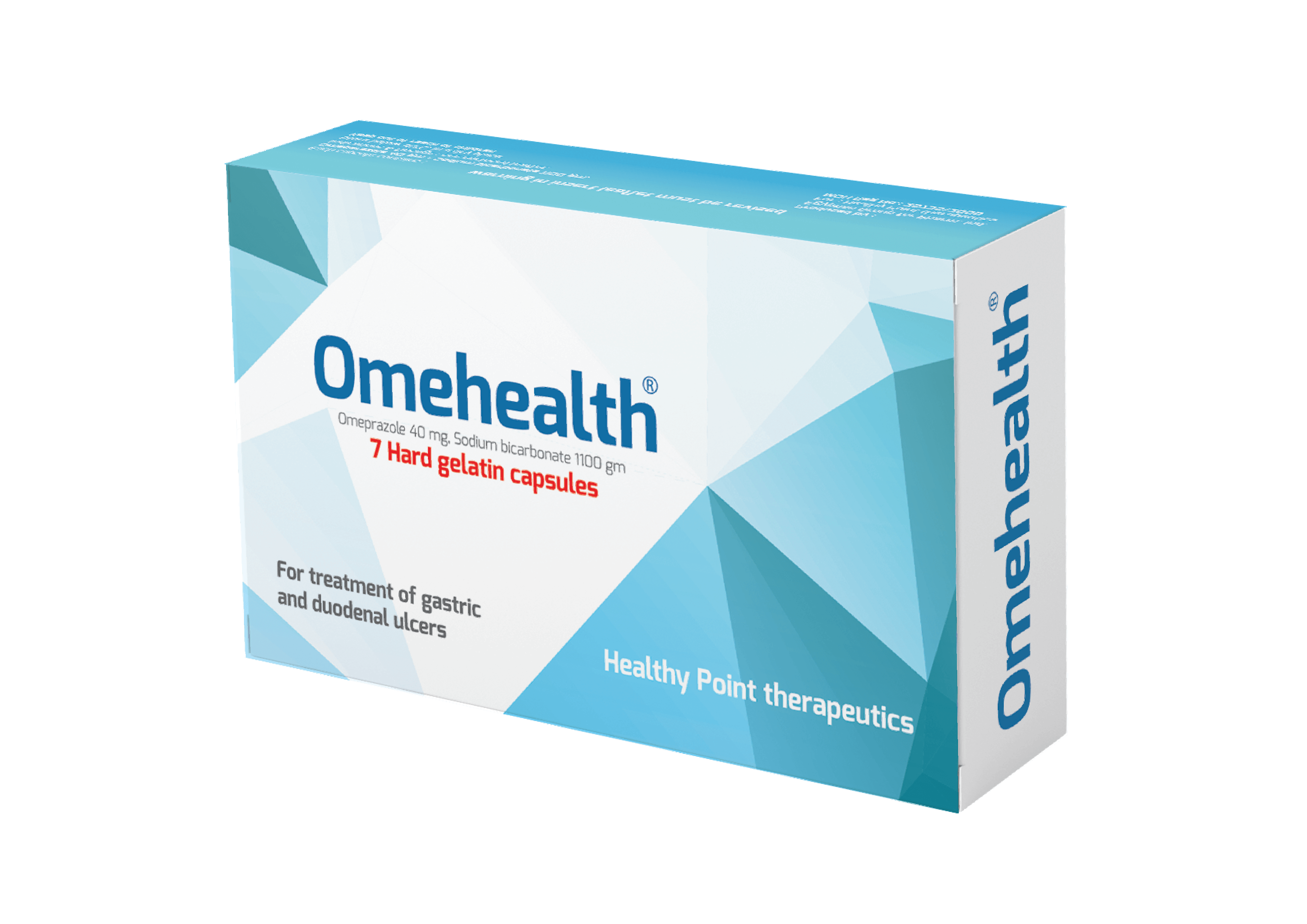

F.A.Q
What is Omehealth?
Omehealth is a medicine called a proton pump inhibitor (PPI). Omehealth reduces the amount of acid in your stomach.
Omehealth is used in adults for: – 4 weeks to heal ulcers in the first part of the small bowel (duodenal ulcers). Your doctor may prescribe an additional 4 weeks of Omehealth. – For up to 8 weeks for healing stomach ulcers – For up to 4 weeks to treat heartburn and other symptoms that happen with gastroesophageal reflux disease (GERD). – For up to 8 weeks to heal acid-related damage to the lining of the esophagus (called erosive esophagitis or EE), To maintain healing of the esophagus. Omehealth has not been studied for treatment lasting longer than 12 months (1 year)
What is the meaning of GERD?
GERD (Gastroesophageal reflux disease) is a chronic condition (lasts a long time) that occurs when acid from the stomach backs up into the esophagus (food pipe) causing symptoms, such as heartburn, or damage to the lining of the esophagus. Common symptoms include frequent heartburn that will not go away, a sour or bitter taste in the mouth, and difficulty swallowing.
Who should not take Omehealth?
Do not take Omehealth if you are allergic to any of the ingredients in Omehealth, or allergic to any other PPI medicine.
What should I tell my doctor before I take Omehealth?
Before you take Omehealth, tell your doctor if you: – Have low magnesium levels in your blood. – Have any liver problems. – Have heart failure. – Have Bartter’s syndrome (a rare kidney disorder). – Have any allergies. – If pregnant or planning to become pregnant. Talk to your doctor if you are pregnant or plan to become pregnant. – breastfeeding or planning to breastfeed. You and your doctor should decide if you will take Omehealth or breastfeed. You should not do both. Sodium bicarbonate (a part of Omehealth) should be used with caution in nursing mothers.
Note. Tell your doctor about all the medicines you take, including prescription and non-prescription medicines, vitamins and herbal supplements. Omehealth may affect how other medicines work, and other medicines may affect how Omehealth works. This can cause serious side effects. Know the medicines that you take. Keep a list of them with you and show it to your doctor when you get a new medicine.How should I take Omehealth?
Take Omehealth exactly as prescribed by your doctor. Do not change your dose or stop taking Omehealth without talking to your doctor. Take Omehealth for as long as it is prescribed even if you feel better. Swallow Omehealth Capsules whole with water, Do not crush or chew the capsule. If you forget to take a dose of Omehealth, take it as soon as you remember. If it is almost time for your next dose, do not take the missed dose. Take the next dose at your regular time. Do not take two doses to make up for a missed dose.
What are the possible side effects of Omehealth?
- The most common side effects with Omehealth include Headache, Abdominal pain, Nausea, Diarrhea, Vomiting
- Allergic reactions; Tell your doctor if you get any of the following symptoms with Omehealth. Rash, Face swelling, Throat tightness, Difficulty breathing. Your doctor may stop Omehealth if these symptoms happen
- Within long usage duration, Low magnesium levels in your body Your doctor may check the level of magnesium in your body before you start taking Omehealth, or during treatment if you will be taking Omehealth for a long period of time.
- If you are on a low-sodium diet or at risk of developing congestive heart failure (CHF), you and your doctor should decide if you will take Omehealth.
What happens if I miss a dose?
Take the missed dose as soon as you remember. Skip the missed dose if it is almost time for your next scheduled dose. Do not take extra medicine to make up the missed dose


